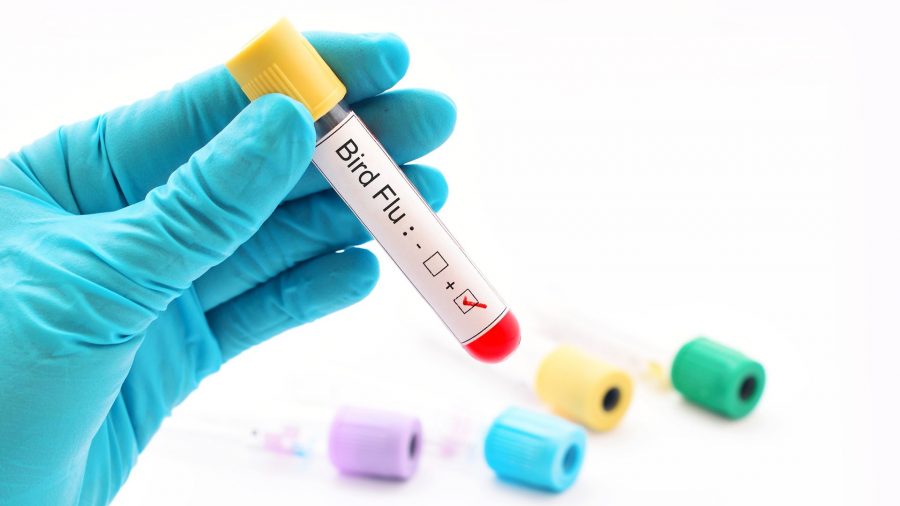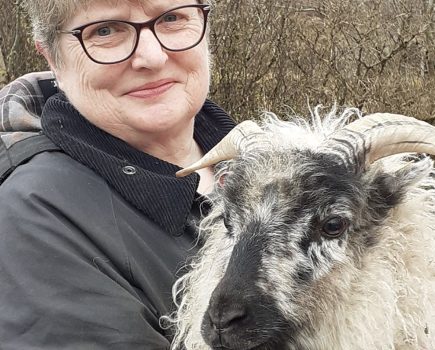Avian influenza (bird flu) had been identified at a wild bird rescue centre in Worcestershire; the risk to public health is low and poses a low food safety risk for UK consumers
The UK Chief Veterinary Officer has confirmed a case of avian influenza (bird flu) at a wildbird rescue centre in Worcestershire on Tuesday 26 October 2021.
Wild birds migrating to the UK from mainland Europe during the winter months can carry the disease and this can lead to cases in poultry and other captive birds.
All birds on site will be humanely culled. A 3km and 10km temporary control zone has also been put in place around the infected premises to limit the risk of the disease spreading.
UK Health Security Agency advises that the risk to public health from the virus is very low and the Food Standards Agency has made clear that bird flu poses a very low food safety risk for UK consumers. The premises does not supply poultry, meat or eggs to the commercial food chain.
UK Chief Veterinary Officer Christine Middlemiss said: “H5N1 avian influenza has been confirmed at a wildbird rescue centre in Worcestershire. We have taken swift action to limit the spread of the disease and any birds at risk of infection will now be humanely culled.
“UK Health Security Agency has confirmed that the risk to public health is very low and the Food Standards Agency has said that bird flu poses a very low risk to food safety for UK consumers.
“As we move into the higher risk period over winter bird keepers should pay extra attention to the health of their birds. Anybody who suspects disease should report it to their vet or APHA immediately. The best way to tackle this disease is for poultry keepers to ensure that they have strong biosecurity measures in place.”
Dr Gavin Dabrera, Consultant Epidemiologist, UK Health Security Agency, said: “Avian influenza is primarily a disease of birds and the risk to the general public’s health is very low. The Regional UKHSA Health Protection Team is working closely with Defra to closely monitor the situation and will be providing health advice to persons at the site as a precaution.
“It is generally important to not touch any sick or dead birds and to make sure to wash your hands thoroughly with soap after contact with any animal.”
A Food Standards Agency spokesperson said: “On the basis of the current scientific evidence, the Food Standard Agency advises that, avian influenzas pose a very low risk to UK consumers through the food chain. “Properly cooked poultry and poultry products, including eggs, remain safe to eat.”
A detailed investigation is in progress to determine the most likely source of this outbreak.
There are some simple measures that all poultry keepers should take to protect their birds against the threat of avian flu. These apply to people running a large commercial farm, keeping a few hens in their back garden and those rearing game birds.
These include:
- Keep the area where birds live clean and tidy, control rats and mice and regularly clean and disinfect any hard surfaces
- Keep chickens and turkeys completely separate from ducks and geese
- Conduct regular maintenance checks on their sheds
- Clean moss off the roofs, empty gutters and remove vegetation between sheds where birds are kept
- Draw up contingency plans for storing bedding and dealing with pests
- Place birds’ feed and water in fully enclosed areas that are protected from wild birds, and remove any spilled feed regularly
- Put fencing around outdoor areas where birds are allowed and limit their access to ponds or areas visited by wild waterfowl
- Clean and disinfect footwear before and after entering premises where birds are kept
Poultry keepers and members of the public should report dead wild birds to the Defra helpline on 03459 33 55 77 and keepers should report suspicion of disease to APHA on 03000 200 301. Keepers should familiarise themselves with this avian flu advice.
Further information on how to help prevent the spread of the disease can be found here.
Image(s) provided by:
jarun011/Getty Images








